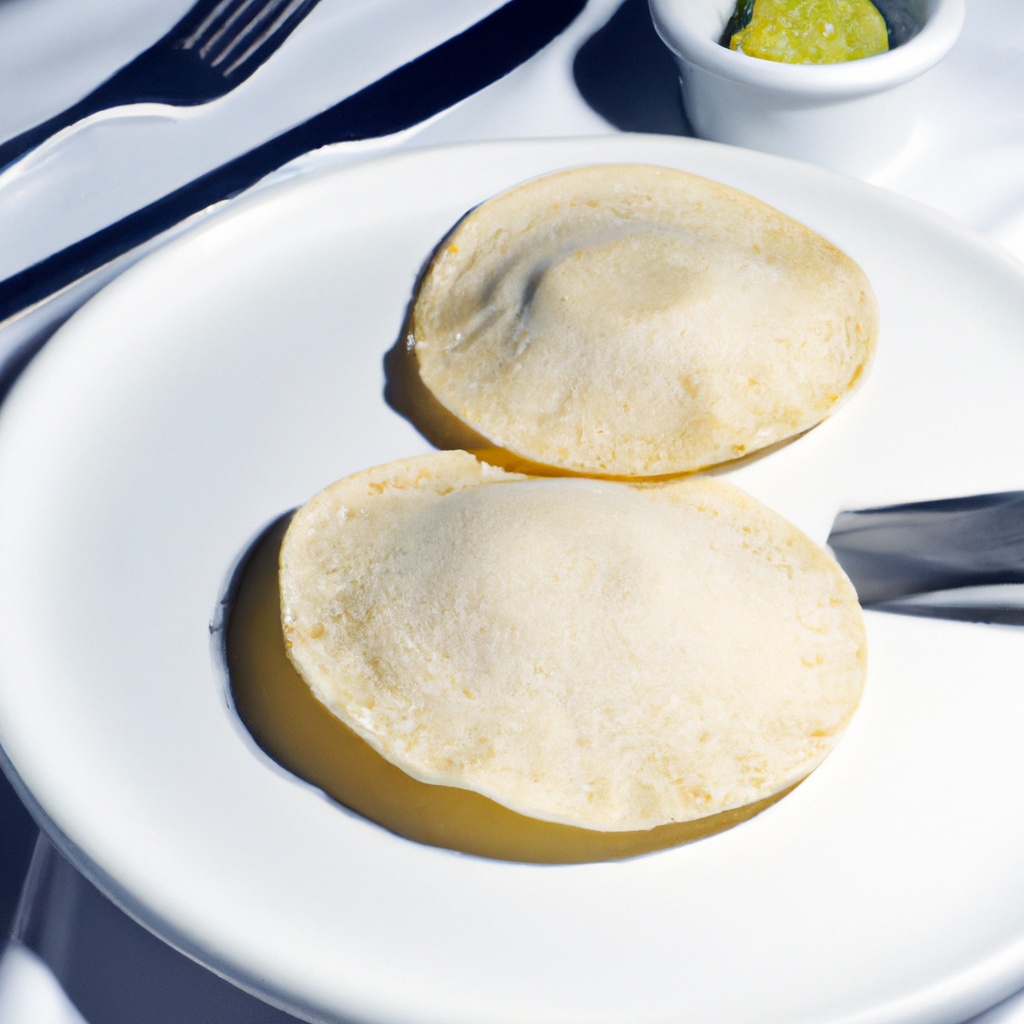PROS
Fresh, homemade corn tortillas are far superior in taste and texture to store-bought ones.
They are versatile and can be used in countless dishes, from tacos and enchiladas to tostadas and quesadillas.
CONS
Making corn tortillas from scratch requires some time and effort, and using a tortilla press can be tricky if you are not used to it.
Masa harina is a processed food and not as nutritious as whole cornmeal or fresh corn.
HEALTH & BENEFITS
Corn tortillas are naturally gluten-free and lower in calories, carbs, and fat than wheat-based tortillas.
They are also a good source of fiber, protein, and essential minerals such as iron, magnesium, and potassium.
Masa harina is enriched with vitamins and minerals to compensate for some of the nutrients lost during processing.



/rating_off.png)
Leave a Reply